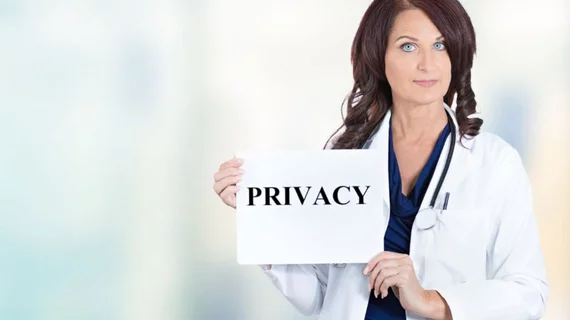Doctors, patients question privacy of medical records
After a note about a patient and their family was shared with another doctor, one physician looked at the benefits and consequences of having open medical records.
In an NPR report, family physician Mara Gordon recalled a time when she wrote a note in a patient’s medical record about a difficult relationship with a child. According to the report, the note served as a reminder for her and other physicians at that hospital that nobody else would accompany the patient to appointments.
When the patient visited another specialist who used an electronic health record (EHR) system, Gordon’s note was shared. The specialist brought the note up to the patient, who became upset with Gordon and felt a betrayal of privacy. Gordon deleted the note at the patient’s request.
“The exchange left me feeling uneasy. The information might be important if she were hospitalized or in an accident, but she also has the right to decide what she wants her doctors to know,” Gordon wrote. “As more and more doctors’ offices give patients electronic access to their medical records, both patients and their physicians are asking: Exactly how much of your medical records should you get to see?”
According to the report, patient ownership of their medical records is normal around the world, while in the United States it could take weeks for a person to get access to their own medical records. However, technology and new programs are changing that.
While the report states “proponents of open notes say access gives patients more ownership of their medical records—and therefore their health,” it also says some critics believe “medical records— traditionally used to communicate with other health care professionals—may be confusing or frightening to patients.”
To read the full report, click the link below.

